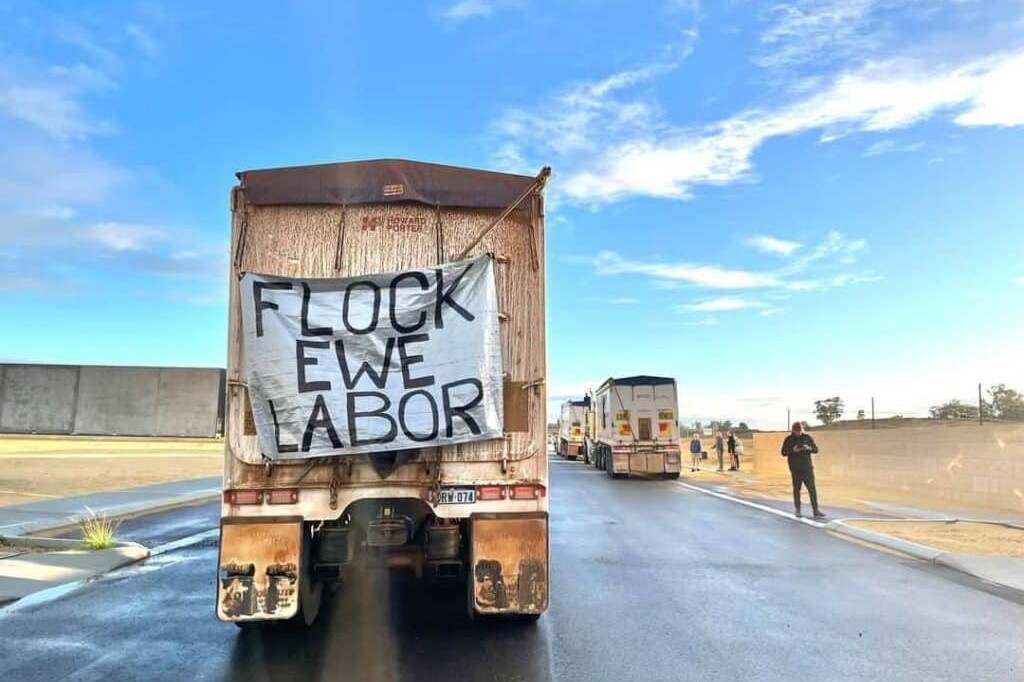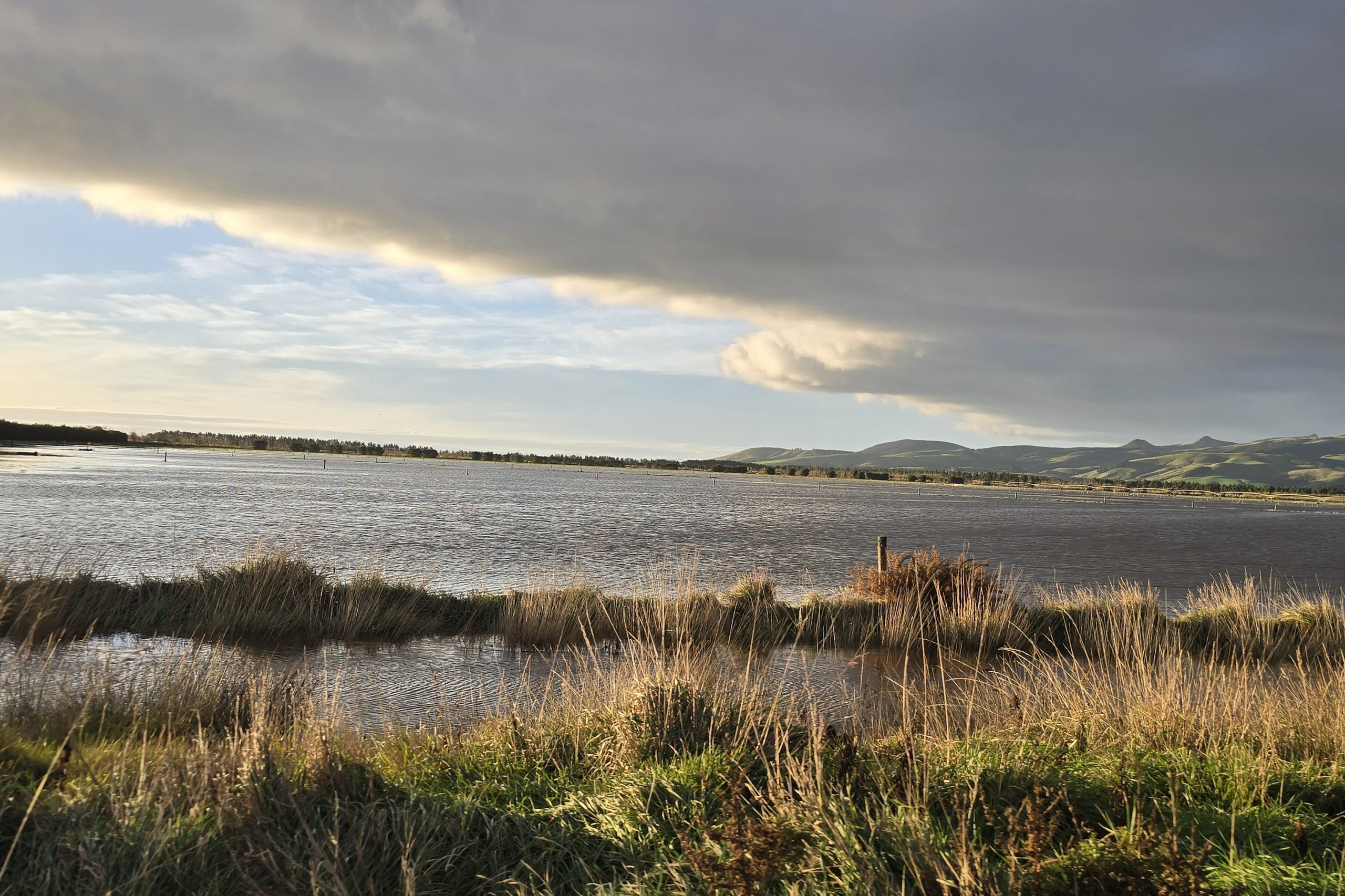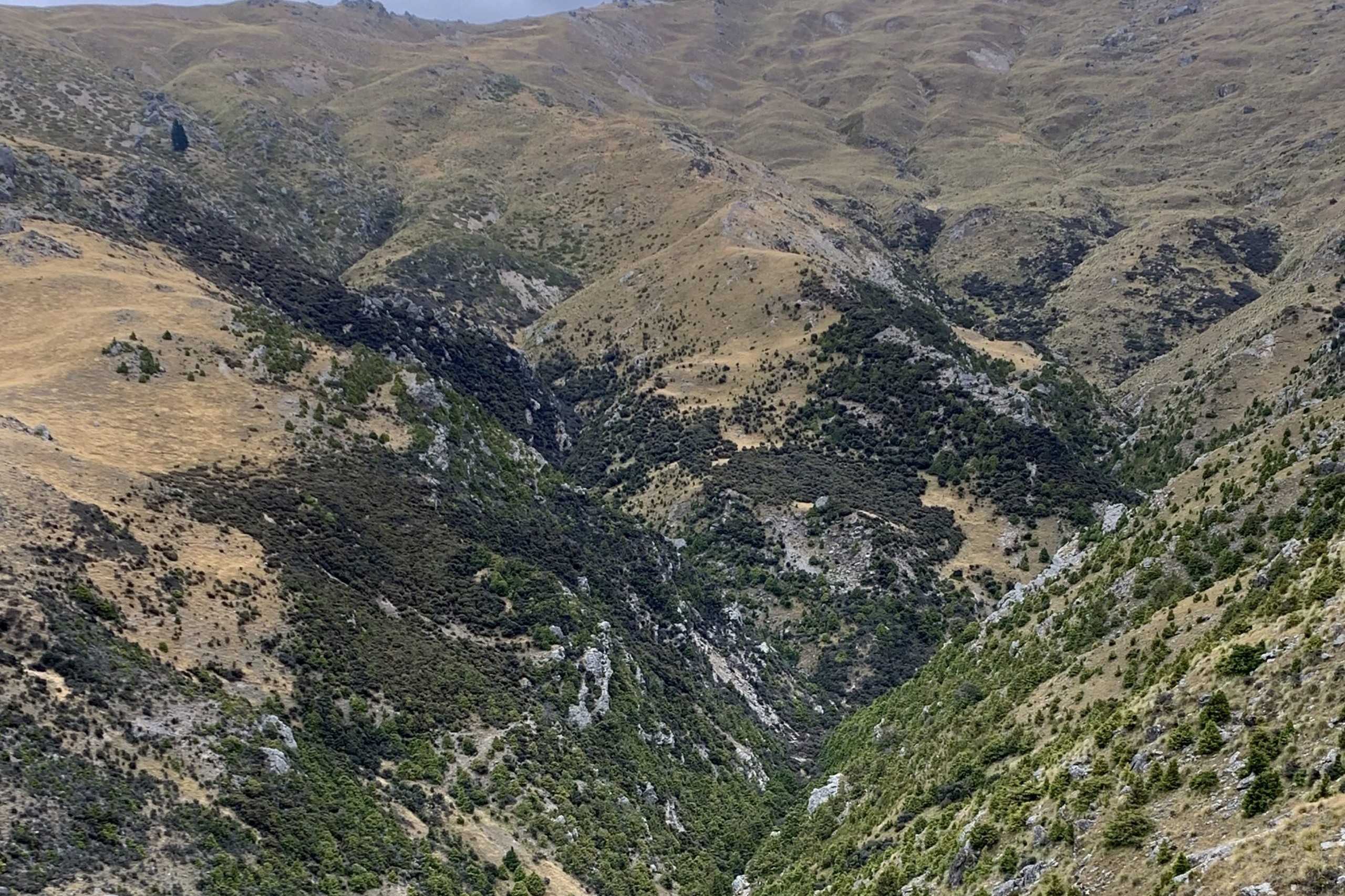Andrew Steven is looking forward to making hay for bale grazing and recommends some good reads.
Last year Timaru got 350mm of rain for the year.
We have had 80mm over the Christmas–New Year period, with 34mm on New Year’s Day.
We are now back in the business of growing grass and I am looking forward to the prospect of having some surplus to harvest, because we have no supplement on hand. Balage would be best, but we have our own baler and I don’t want to go spending a fortune, so I am looking forward to making some hay and employing the age-old skills and judgements of getting hay in good condition.
I want some bales on hand to winter some cattle using the practice known as bale grazing. That is where you sit the bale out and let animals help themselves without the use of a ring feeder. I did a few bales last year and, as you would expect, there was quite a lot of wastage, but the subsequent pasture growth was phenomenal. I am not sure what is going on, except to say it must be biologically mediated. You don’t see the same result when you roll the bale out. The bales will be placed in the poorer parts of the paddock that only want to grow browntop. Each bale gives a patch of six to seven metres diameter that regrows like crazy.
My main farm achievement for the Christmas season’s loss of motivation was to tidy the old workshop. This is a small shed of about five by seven metres. I have thrown out an estimated tonne of scrap metal. All the old boxes of assorted bolts that have been saved for years got thrown out also. Do you realise they still make bolts and you can buy whatever you need?
I thought I would share some books with you that I have enjoyed.
South Sea Vagabonds by J.W. Wray. A young man with no job, money or knowledge, builds a 34-foot yacht and sails it around the Pacific. First published in 1939, a refreshing story of ‘can-do’ attitude.
Half Broke Horses by Jeannette Walls. A story about a kick-ass woman in the American west. At age 15 she rides her horse 500 miles to begin a new job. Her father gives her a pistol to tuck into her riding boot.
Last Stand: George Bird Grinnell by Michael Punke. A biography of a man who helped save the bison and establish Yellowstone National Park. His career spans many of the events of the old west.
Call Of The Reed Warbler by Charles Massey. Charles Massey is an Australian farmer who went off to do a PhD and wrote a very readable book. The subject area is land management: degradation and regeneration. There are some surprises in this book, so if you are one of those farmers who go apoplectic at the suggestion of regenerative agriculture, don’t be put off, it is a very good read.
Braiding Sweetgrass by Robin Wall Kimmerer. This deals with natural history and concepts, such as ‘honourable harvest’ and reciprocal relationships. It is beautifully written and for a thoughtful moment, rather than an action read.
Wishing you all a fantastic New Year.




